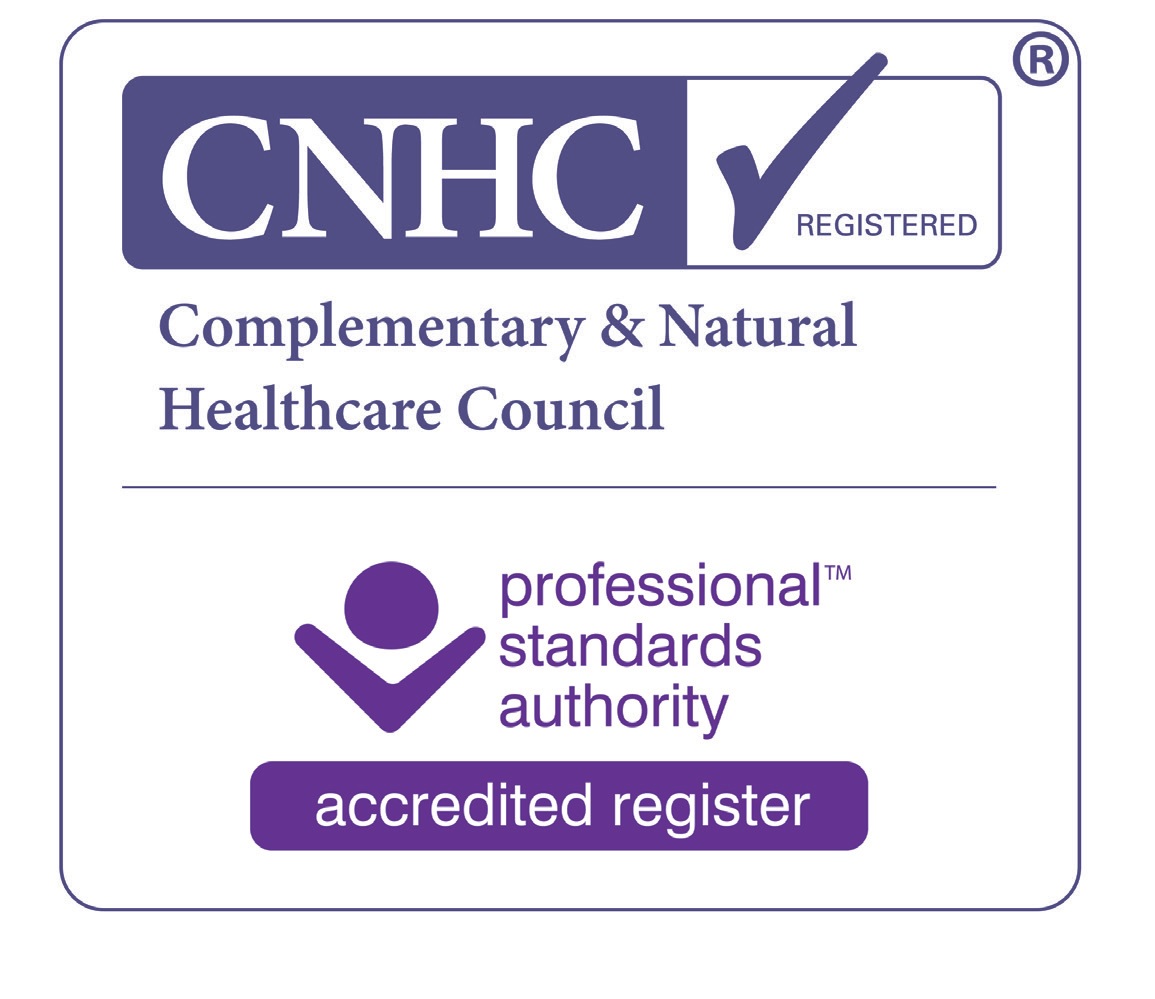Publications
Book chapter
Cognitive Hypnotherapy and EMDR: Two Effective Psychodynamic Therapies for the Rapid Reduction of Cognitive Anxiety
Elizabeth Brooker (January 5th 2022). Cognitive Hypnotherapy and EMDR: Two Effective Psychodynamic Therapies for the Rapid Reduction of Cognitive Anxiety [Online First], IntechOpen, DOI: 10.5772/intechopen.101770. Available from: https://www.intechopen.com/online-first/79924
This is my latest book chapter. The whole chapter can be found online using the above below.
The chapter gives an overview of the two therapies that I use in private practice for the rapid reduction of anxiety and the conditions associated with this.
It will be interesting for anyone suffering from anxiety of any kind.
Book chapter
Cognitive Hypnotherapy
Brooker E (2020). Cognitive Hypnotherapy. In C. Mordeniz (Ed.), Hypnotherapy and Hypnosis. London: IntechOpen. This has been published in Online First before the entire book is ready for publication in hard copy.
The book chapter aims to dispel the myths and scepticism surrounding hypnosis and hypnotherapy. It gives the background of Cognitive Hypnotherapy and a clear explanation of the therapy. It looks at the scientific evidence for the beneficial and fast-acting effects of Cognitive Hypnotherapy therapy in a number of different areas with its main focus on anxiety-based conditions. It is a must-read for anyone who wishes to understand more about the role of this dynamic therapy and the revelatory results, even after a few therapeutic sessions.
Book
Transforming Performance Anxiety Treatment Using Cognitive Hypnotherapy and EMDR
by Elizabeth Brooker.
Published by Routledge (2019) ISBN 978-1-138-61493-2
The book documents nine of my case studies where I use Cognitive Hypnotherapy and EMDR as therapeutic interventions. It illustrates the individuals’ experiences of anxiety in a performance situation in the areas of Music, Sport and in the Workplace. This is the first book to examine the above treatments for this condition and shows how these psychodynamic therapies are adapted to effect permanent change. This book is an eye-opener for anyone suffering from performance anxiety as it shows how these therapies bring about rapid and long-lasting change.
Journal Article
Brooker E (2019). Cognitive Hypnotherapy and EMDR: The Longitudinal Effects on Trait Anxiety and Music Performance in Advanced Pianists. Adv.Complement Alt. Med. 5 (4). ACAM.000616.2019
Adding to my publications on anxiety this research paper is a continuation of my previous research into anxiety (Brooker, 2018) but looking at the long-term effects of the above therapies. It reports on the effect of Cognitive Hypnotherapy and EMDR on trait anxiety (a person’s general anxiety level) four months and one year post-therapy in a performance situation. The results show that the general anxiety level is related to performance outcome and that both therapies adopted reduced trait anxiety significantly after only two sessions of therapy.
Although this investigation focused on anxiety in music performance it is relevant to any performing situation: sport, public speaking, performing arts, presentations, anxiety in the work-place, situations where individuals feel threatened or in the spotlight.
The full paper is attached here as a PDF. Do take time to read it if you suffer from anxiety.
Journal Article
Brooker E (2018). Music performance anxiety: A clinical outcome study into the effects of cognitive hypnotherapy and eye movement desensitisation and reprocessing in advanced pianists. Journal of Psychology of Music, Vol. 46(1) 107-124.
Performance anxiety is a significant problem in any field causing the individual anguish and stress. This can be detrimental to performance outcome and in some cases can lead to a breakdown in the performance itself. Current research over the last fifty years has focused on therapies that target the conscious mind (such as the cognitive behavioural therapies) and yet the problem still exists. However this research looks at the problem of music performance anxiety (MPA) using therapies that focus on the unconscious mind. The anxiety levels of 46 advanced pianists suffering from MPA were tested throughout the research period, and prior to and post-therapeutic intervention. It was found that after only two sessions of therapy there were significant decreases in anxiety levels in the groups that had received therapy in comparison to a non-therapy (control) group.
Presentations
I have presented my research at conferences both in the UK and abroad.
2012 Institute of Education, University of London: SEMPRE 40th. Anniversary Conference
2015 University of Bristol: RMA Conference
2015 Royal Northern College of Music, Manchester: ESCOM Triennial Conference
2018 University of Graz, Austria: ICMPC/ESCOM Conference





